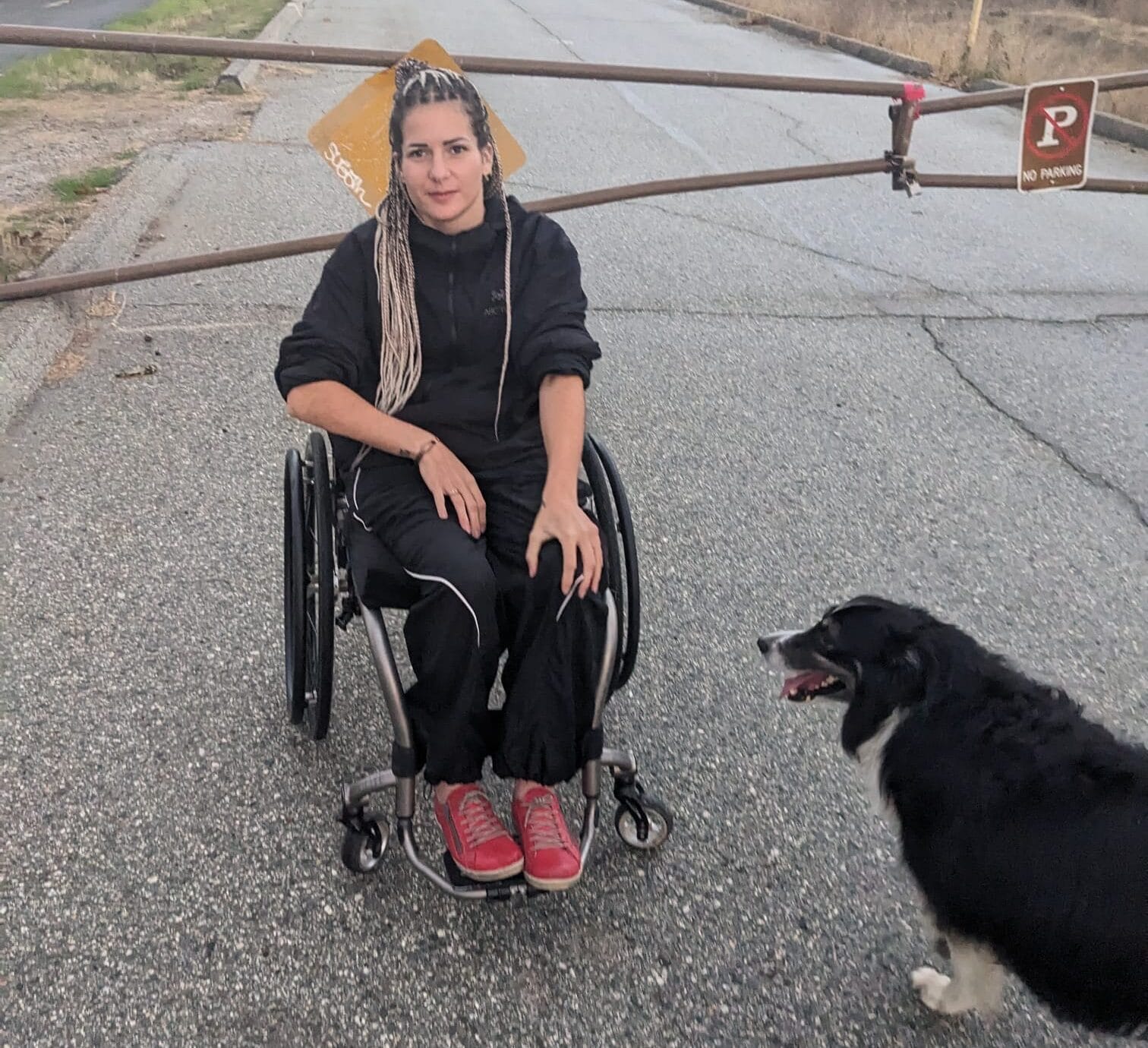
The basic premise of a Will is that it is a legal document which provides direction to your loved ones as to what you would like to happen to your assets when you pass away. A Will can also include other matters such as appointing guardians of minor children and including funeral wishes. As with many important legal documents, a Will should be reviewed and revisited every few years to ensure that your wishes are current – or revised after any major life events.
What to Consider When Making A Will?
When making a Will, you need to consider what assets you have and how they are owned to determine what will be covered through the terms of the Will and what may flow ‘outside’ of your estate. All assets owned personally by you will likely be covered by the terms of your Will. Any assets that are owned in true joint tenancy with another person, with the right of survivorship, will go directly to that person by way of survivorship – they won’t be dealt with within your estate and be subject to the terms of the Will. Assets that have designated beneficiaries, such as registered accounts or life insurance policies, will also go directly to those beneficiaries if they are correctly named/designated.
Watch our Virtual Peer Session and Q&A with Hammerco Lawyers LLP to learn more about what to consider, and hear from SCI BC Peers.
No Will – No Worries?
If you don’t have a Will, then you die “intestate” and the law dictates how your estate is to be distributed. This can have unintended consequences for the remaining beneficiaries. For example, in British Columbia, if you die with a spouse and children, then your spouse receives a preferential share of your estate (if your children are shared with your spouse, that share is $350,000) and then the balance is split equally between the spouse (50%) and the children (who share in the remaining 50%). Having no Will could cause additional costs for your loved ones, it can take time to have the estate settled and distributed and can be a very stressful process.
Who is your Executor?
When choosing an executor you should consider someone who has the ability to manage your affairs when you are no longer there. Factors you should take into consideration include where they live: do they live nearby so they can easily step in and secure your property? Unless you have received specialized tax and estate planning advice, the executor should be resident of Canada to avoid tax complications for the estate. Other considerations: Does the executor has a good relationship with your beneficiaries? Are they of an appropriate age? Is there a high chance they will predecease you?
Who is the Guardian of Your Children?
You should consider similar factors when deciding whom to appoint as a guardian of your minor children. The person(s) should have a good relationship with your children and be willing to take on the responsibility if the situation arose. The financial capacity of the guardian should be considered as well as their age – you want to try and make sure that they will be around until your children reach the age of majority (19 in British Columbia) if something was to happen to you.
Providing for Spouse and Children
Under the Wills, Estates and Successions Act of British Columbia, there is an obligation for a Will maker to provide for their spouse and children. This stems from a legal and moral obligation to provide for immediate family members. If a spouse or a child feels that they have not been adequately provided for in their spouse or parent’s Will, then the Will can be challenged. The definition of spouse has expanded in recent years and can include spouses who are in marriage-like relationships but live apart, for example. Children include both natural-born children and children who were adopted by the Will maker.
If a spouse or child has been left out of the Will, or if they feel there are not adequate provisions within the Will, then they can apply to the court to have the Will varied.
Distribution of Your Estate – Who Gets What?
As you consider the distribution of your estate, it is important to take stock of what assets and liabilities would fall into your estate and what would (or could) fall outside of your estate due to their ownership structure. Because you have a legal obligation to provide for your spouse and children, as described above, you must consider this when deciding on the terms of your Will. If you have specific items to leave to someone, then your Will is a good place to make those bequests. In addition, if you have children, or if minors may inherit, then trust terms will need to be included at least until they reach the age of majority. There are many estate planning terms and structures which can be considered when deciding how to distribute your estate – do you divide your estate into shares or percentages, do you use specific amounts, is there a need or desire for part or all of your estate to be held in trust? Do you wish to make a charitable bequest? All of this should be discussed and considered with your legal advisor when deciding on the terms of your Will.
How can a Will be invalid?
There are several ways in which a Will can be found to be invalid. If the Will is not executed correctly before two independent witnesses, then it could be found to be invalid. If the Will maker is found to have lacked capacity to make a Will. then the Will can be challenged and found invalid. If someone coerces the Will maker into making a Will to benefit themselves, then the Will can also be found to be invalid due to undue influence.
Note: This content is sponsored by Hammerco Lawyers LLP. The information provided is general and does not necessarily reflect the views of Spinal Cord Injury BC. You should always seek legal advice specific to your own situation.



